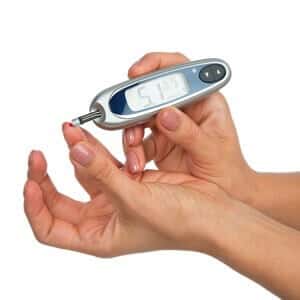
Metformin is an old drug that doctors use as a first-line treatment for type 2 diabetes. While it helps millions of people keep their blood glucose under control, some individuals find that they cannot tolerate the side effects of metformin. What can they do?
Side Effects of Metformin:
Q. I went on metformin when my HbA1c went up to 6.2. After three months on this drug, it dropped to 5.9.
I was nauseated and had stomach cramps at first. A few days later I started having bad diarrhea and then heartburn. My latest symptom is feeling like my bladder is full, and when I go to empty it, there is only a drop of urine. I’ll go back soon to have my kidneys and my HbA1c checked.
I want to get off this medication to start feeling like myself again. Is there any way to do that?
A. HbA1c (an abbreviation for glycosylated hemoglobin) is a way of measuring average blood sugar levels over a couple of months. Your levels indicate prediabetes.
Metformin is the most commonly prescribed drug to treat type 2 diabetes. Doctors may also prescribe it to prevent high blood glucose levels from turning into diabetes. That may be why your doctor prescribed it for you.
Managing the Side Effects of Metformin:
Some people cannot tolerate the side effects of metformin. Common adverse reactions include heartburn, gas, diarrhea, nausea and stomach ache. Kidney function should be monitored, as metformin can be dangerous for people with compromised kidneys. Frequently, the gastrointestinal reactions become less severe after a few weeks as the body adjusts. However, not everyone notices fewer problems with time. Those who continue to suffer should talk with their prescribers. They may need to use a different medication to control their blood glucose.
Other Approaches to Blood Glucose Control:
You can learn more about metformin and a range of nondrug approaches to keeping your blood sugar under control in our Guide to Diabetes Management. You should discuss your plans with your doctor. In particular, you must have a schedule for monitoring blood glucose and for getting measurements of your HbA1c, to make sure that your treatment plan is doing its job. You may also want to listen to our Show 1036: How to Prevent Diabetes by Changing Your Life.

